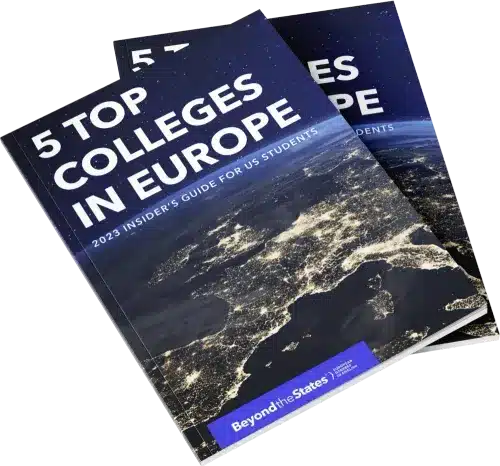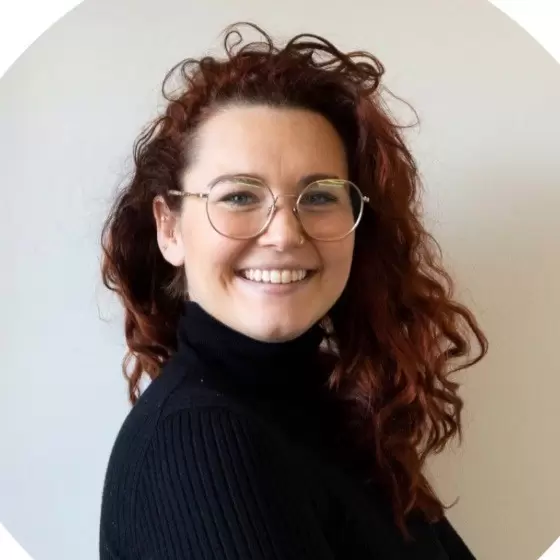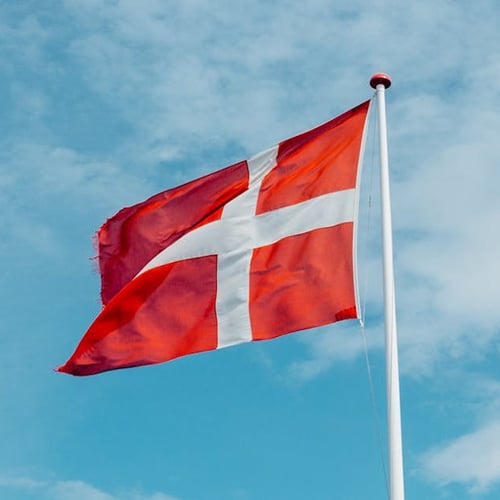Benefits & Obstacles of Studying in Europe
I thought it was important for you all to know about my son, Sam’s, experience at college in Europe so that you/your kids can be prepared if aspects of his situation applies to you. I realized, though, that sharing his experience had other effects as well, since I received so many emails from parents. These emails talked about how they, themselves, also struggled their first year in college (in the US), or how their own kids in Europe had similar difficulties as Sam did, or that they had been worried that their kids would encounter the same in Europe. It’s almost as if there was a taboo in discussing this, and they expressed relief that they could talk about it!
FREE INSIDER’S GUIDE

Top 5 English-Taught Colleges in Europe
Kickstart you education abroad with a powerful degree taught entirely in English, all without taking on any student loans!
Personal Growth
I do want to clarify that I’m not at all disappointed about or embarrassed by Sam’s first year experience. Yes, he failed a class but he did not fail out of school. He realized that much of the course failure was due to the fact that his interests weren’t aligned with the content/teaching style (though, let’s be honest, there was a time-management aspect to it as well). What he has learned about himself is a huge accomplishment! Actually, much of this is similar to what students seek in a gap year as it pertains to the outcomes of personal growth, self awareness, and exploring the world. In addition, he has gained insights into his academic needs, which isn’t usually a part of structure of gap year programs.
As I mentioned in the last post, I want to explore what we might have done differently, had we known then what we know now. A shift of mindset as it related to the goals of the first year of study would have been a huge one. Standard academic goals for the first year of study are adjusting to a new system, doing well in classes, and the like. I think Sam (and other students in Europe) would have benefited from a very different set of goals. Let me explain.
Choosing a Major
Many 18 year-olds, particularly those graduating from the US educational system, may not know exactly what they want to study or where their academic interests lie (if this is the case for you, check out our Choosing a Major self-paced course, and our other courses too). Most of the European programs require that you know what you want to study when you apply. While there are broad options, multidisciplinary options, and those that start broad with specializations offered later in the program, the curriculum is structured and rarely has gen-ed requirements that aren’t related to the field of study.
In Europe ,the required courses in a Chemistry program will be science related which would not be part of the requirements for a Political Science program. They can sometimes transfer as electives, but that doesn’t account for an entire year of credits. In the US, students are able to easily change their major or even change universities with less trouble (with credits transferred) due to the gen-ed requirements. Most bachelor’s degrees in Europe take just 3 years to complete, but don’t have the flexibility that comes with those gen-ed requirements.
Gap Years
I wonder what would happen if we approached Sam’s first year studying in Europe as sort of a bridge year or an academic gap year. Though I don’t know the best title for it, the goals would have been for him to learn more about what he wanted to study, determine the learning style that is best for him, and to strengthen the academic skills that would help him most throughout his studies (be it study skills, time management, etc).
He would have gone into the year deciding that he loved this program or finding a different program based on what he learned about himself would have been equally desirable. Had we had this mindset and formalized goals around it, we likely would have communicated more often and in more depth about what he was learning about himself, his interests, and learning style as the year went on, and would have planned to make a decision in February, before application deadlines were looming.
This is not an unheard of approach. As you may know, there are a few countries that require American students to have either an IB diploma, a certain number of AP scores, or a year’s worth of college credits (don’t worry if you don’t have these, these requirements only account for about 20% of the 3,400+ English-taught options). We do have students who enter into their first year at a university in Europe to get the years worth of credits with the intention of applying to a school that requires APs for the second year. However, that year of credits would not transfer, as it would be used to meet admissions requirements. Some of these students end up changing after a year, and others learn that the program that they thought would be temporary meets their needs.
Looking Back
Let’s go back a bit further though and look at what we could have done differently during his high school years. First and foremost, I would have insisted that he take an economics class when he decided that the program at Leiden was on his shortlist. There are economics courses each year in the program and it’s the only area he didn’t have exposure to. Once you have your shortlist of programs, see if there are more than one or two courses in a particular discipline in which you haven’t taken any classes in. If you can take a class through school, great. If not, find an online course.
This is one reason I think the summer before junior year is a great time to start looking at college in Europe. Not only does it allow you to course plan for APs, if desired, but it also allows you to course plan to determine your interests. This is something we did with our daughter, Ellie. At the time, she was interested in tourism, which includes a number of business related areas. She thought that business as a whole didn’t interest her, other than marketing. That said, I didn’t think she really knew what business courses entail. She did decide to take a business class as one of her electives that year in school, in order to see what did and didn’t appeal to her and evaluate the programs she would consider accordingly.
Summary
When you are pursuing college in Europe, it’s important to learn how to reframe certain social norms or expectations that are engrained in us by our own life experiences and culture. Tom, my husband, had directed his mother to the blog regarding our son’s experience so that she could understand a bit more. Her takeaway? “You mean he’s not getting credit for the year!?!” My dad expressed hope that the change would help Sam buckle down. It took a mindset shift of my own to have a very different takeaway. I’m so glad that Sam discovered these aspects about his interests and learning style. I’m also so glad that he didn’t feel that this was a failure and he sought out solutions. He recognizes that the year at Leiden was valuable in so many ways. I’m also so glad that the affordable tuition allows him/us not to feel stuck in a situation that is not the best fit for him! Though he was bummed to be leaving the Hague, we were all excited to see where this next phase was going to take him!








